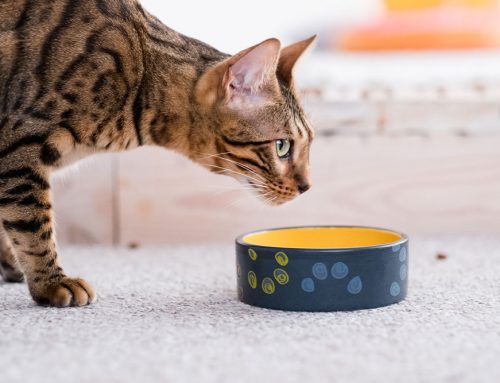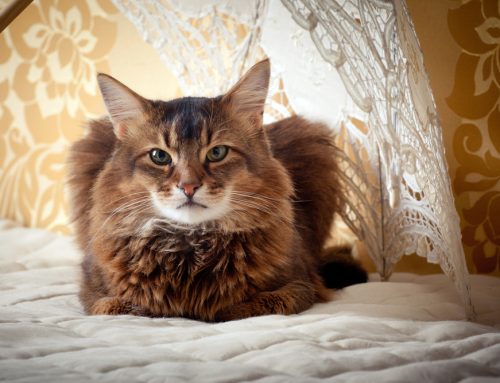Gastric ulcers are common in horses! Their prevalence is estimated from 50-90% of horses depending on type of athletic activity and predisposing factors.
What are the symptoms of gastric ulcers in horses?
While often vague they can include but are not limited to:
- poor appetite
- weight loss
- poor performance
- attitude change
- poor hair coat
- mild colic
- sensitivity when tightening the girth
What causes gastric ulcers in horses?
Horses are designed to move and have access forage 24/7. Therefore, the leading cause of ulcer formation in horses is being stall kept and/or being fed large less frequent meals because the stomach is subjected to long periods without feed to neutralize the stomach acid.
Stress can also lead to ulcers. Both environmental and physical stress are included. Some things that may be stress inducing are typical training, hauling, showing, being treated for medical condition, and mixing new groups of horses.
Strenuous exercise decreases the emptying function of the stomach and decreases the blood flow to the stomach. During periods of work with no forage on the stomach acid splashes around and can more easily burn the stomach lining.
Lastly, chronic administration of non-steroidal anti-inflammatory drugs decreased the production of the stomach’s protective mucus layer. Thus, the stomach is more susceptible to ulcer formation. These NSAIDs include Bute and Banamine.
How do you diagnose ulcers?
Diagnosis is by gastroscopy. This procedure involves running an endoscope down the horse’s esophagus into the stomach to view the stomach lining. It is important to have this procedure done to know what portion of the stomach is affected because that guides treatment.
How do you treat ulcers?
Treatment is aimed at eliminating pre-disposing factors and decreasing acid production to allow for healing. The drugs used to accomplish this should be selected by your veterinarian based on the severity and location of the ulceration. It is important to note that many over-the-counter ulcer treatments exist. However, there is only one FDA-approved product with research supporting its efficacy. Over-the-counter drugs often waste valuable time and money.
How do you prevent ulcers?
Access to good quality forage 24/7 is the most important factor in eliminating the risk of ulcer formation. When grain is required feeding small frequent meals instead of large less frequent meals keeps acid neutralized. When travelling or experiencing periods of stress treating them with medications to suppress acid production can prevent ulcers. Other feeding recommendations and ulcer preventative supplements exist and should be recommended by your veterinarian on a case-by-case basis.







Leave A Comment